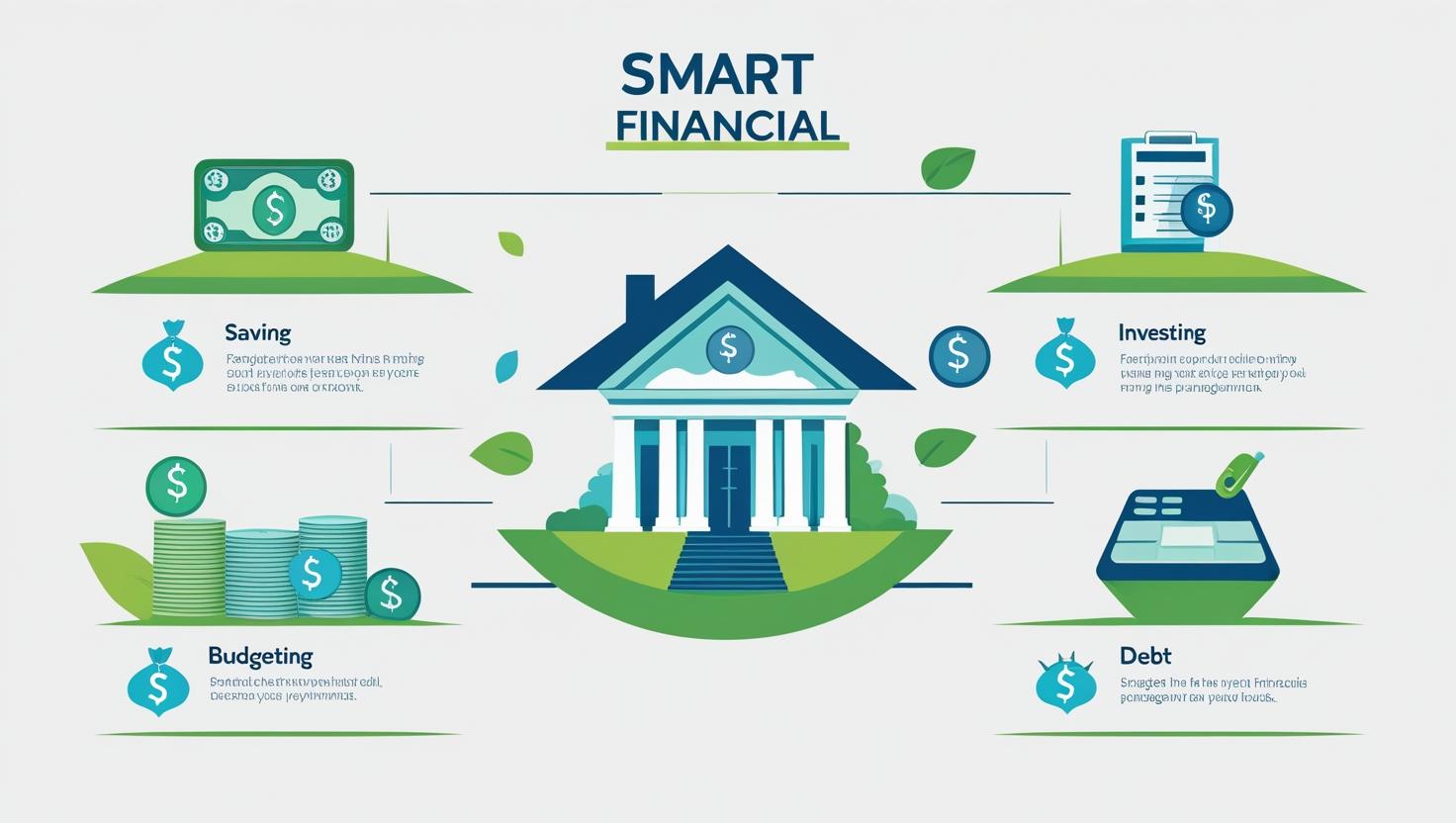Personal finances can be challenging. While many external factors influence financial health, the individual can still engage with finance in an informed manner. We want to give you some insight into several everyday personal financial mistakes to look out for and survive trying times.
Unnecessary Spending
Every indulgence, like a latte or pay-per-view film, adds up. If times are tough for you, show restraint on the unnecessary.
“Unnecessary” is the vital word here; the little joys that some might call “frivolous” may be the only things keeping you going. Healthy finance includes a healthy mind; if you can plan for and afford something, enjoy it.
Recurring Payments
Assess your monthly purchases and multiply that cost by 12. Are these purchases more “nice-to-haves” or “necessities?” Are there cheaper alternatives?
Living on Credit
Using credit to buy niceties is common but not always wise. While the “sticker price” might make credit appealing, the story changes once interest starts the next month.
A New Car
While people buy cars all the time, few do with cash. You could finance, but it is tricky; payments may be affordable but you do not own the vehicle until it is entirely paid for. You would also borrow money on that vehicle, thus paying interest on a depreciating asset. If you need a vehicle loan; then consider a cheap, fuel-efficient vehicle model, that’s a few years older than new.
Overspending on the Home
For housing, focus on your needs and consider the many supplementary costs and possible amenities you may not consider.
Misusing Equity
Refinancing and buying off of your home’s value means handing its deed to someone else. While it may still be sensible if you can lower your interest rate or prioritize a more intensive debt, consider a home equity line of credit (HELOC) instead.

Amazon.com Financial Planner – Monthly Budget Planner & Monthly Bill Organizer | A 12-Month Journey to Financial Freedom | Bill Payment Tracker Organizer, Debt, Expense Tracker & Money Saving with Pockets
Not Saving Up
Most American households live paycheck-to-paycheck with little evidence of this situation changing any time soon. This means that every dollar matters and missing a paycheck almost guarantees trouble. The common advice is to look at your monthly costs/debts and set aside a bare minimum of three months of that figure as an emergency fund.
Ignoring Retirement
No investment in the market could mean working until your dying day. Consider a tax-deferred retirement account or employer plan. Consider all your investments’ risks and growth, then have a financial advisor take a look.
“Solving” Debt with Retirement Funds
If you have a greater percentile debt than your retirement account, things are not a simple matter of pocketing the difference by swapping them out. Such an act kneecaps compounded interest, leaves you struggling to restock the fund, and may incur a fee for withdrawing before age 59.5; a saner approach would be requesting a loan out of your 401(k). Use savings to repay a debt and you will be indebted to your retirement.
Having No Plan
Relying on credit has long-term, financially stressful consequences that can snowball upon themselves. Overspending on a home (more than 28% of gross monthly income on the home or 36% of the total debt) leads to strained monthly budgets from all of the other incidental costs. Home equity should never be handled like a piggy bank unless you want greater debt and interest.
Creating a plan means having clear goals that enable you to spend wisely while avoiding financial chaos. A good plan covers all financial aspects and accelerates the achievement of major life milestones.
Wrapping Up
While you cannot control every aspect of your financial life, review your situation and make a plan. Most people can make positive changes like reducing spending, easing off credit, careful budgeting, and prioritizing their savings.


Leave a Reply
You must be logged in to post a comment.